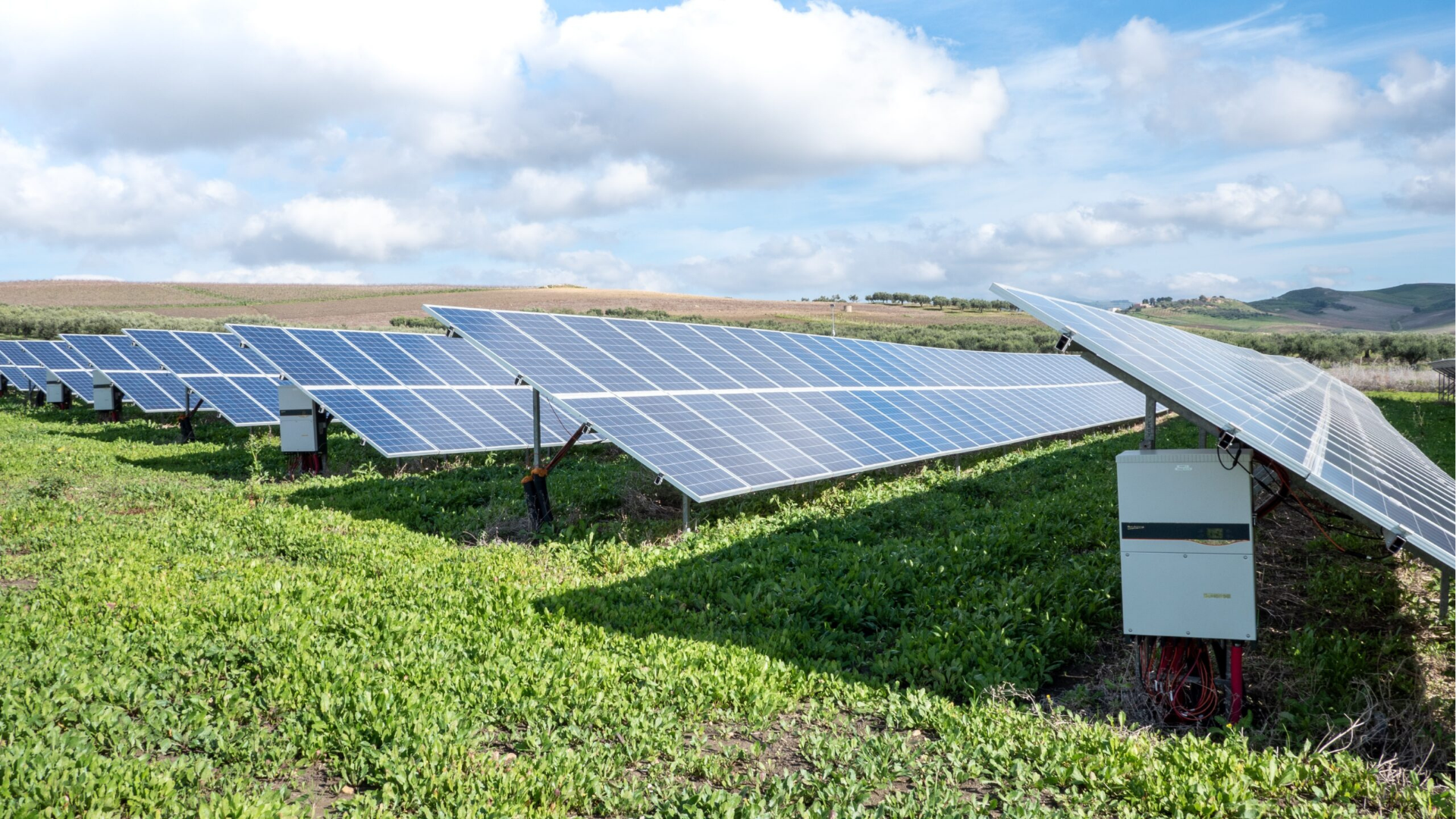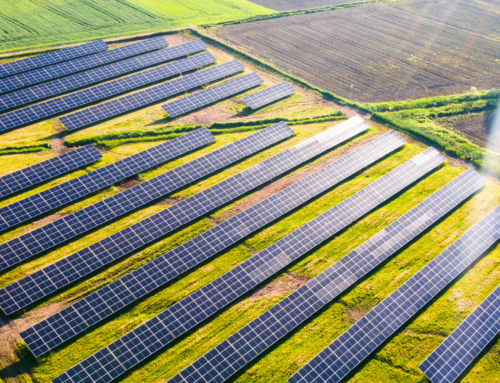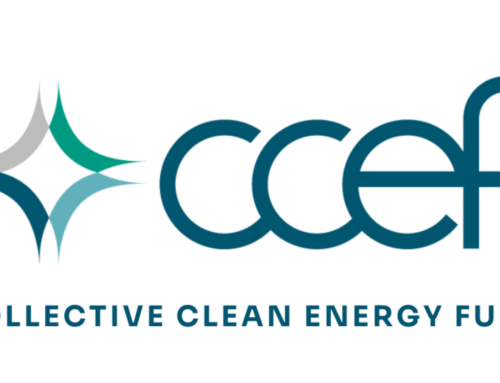DENVER, COLORADO, USA, March 7, 2023 / EINPresswire.com / — Colorado Clean Energy Fund (CCEF), a non-profit investment fund that fills financing gaps in clean energy projects across Colorado, recently released its 2022 annual impact report following the organization’s first full operating year. The report details CCEF’s reach throughout 46 counties in Colorado in both the residential and commercial sectors.
After formally launching operations in late 2021, CCEF kicked off January 2022 with its first commercial project in rural Colorado. In 2022 alone, CCEF:
– Financed over 400 residential projects and 13 commercial projects
– Deployed nearly $6 million and mobilized over $118 million in clean energy financing
– Engaged 22 financial partners, including the Colorado Energy Office, Impact Development Fund, Xcel Energy, and Mercy Housing
“2022 was a momentous year for our organization,” said Paul Scharfenberger, CCEF Chief Executive Officer. “We demonstrated that the original thesis behind the formation of our organization was correct: that there are communities and clean energy projects that are underserved by traditional capital sources and need our capital and support services to equitably access a sustainable future.”
In December, CCEF celebrated the 5 year anniversary of the Colorado Residential Energy Upgrade (RENU) Loan Program, a statewide residential loan program that began at the Colorado Energy Office in 2017. RENU offers Colorado homeowners low-cost, long-term financing for energy efficiency and renewable energy improvements and equipment, such as solar panels, heat pumps, and electric water heaters.
Three of the organization’s 13 commercial projects financed were upwards of $1 million; one in rural Brush, Colorado, another in Globeville (once reported as the most polluted zip code in the country), and another throughout the Denver metro area. These projects are a realization of CCEF’s mission to fill financing gaps in Colorado, providing more feasible access to clean energy for low-to-moderate income, under-resourced, and disadvantaged communities.
CCEF is excited to launch several partner programs in 2023, including the Cannabis Resource Optimization Program (CROP). Designed to provide eligible cannabis cultivation businesses with no-cost technical assistance, the program includes a facility audit and analysis of previous resource use to better understand energy and water use and identify cost-effective resource management opportunities.
Also on the docket is an on-bill repayment program in collaboration with Tri-State Generation and Transmission Association, which will allow homeowners, renters, and eventually commercial and municipal entities to finance clean energy projects via their monthly utility bill.
“Looking ahead, we’re eager to expand our partnerships and significantly increase our environmental and social impact,” said Scharfenberger. “The challenges posed by climate change are vast and daunting, and we will not succeed in overcoming them without prioritizing our collective mission over our individual ambitions and self-interests.”
Colorado Clean Energy Fund is continuing to engage with project developers and contractors across the state to ensure that energy efficiency and clean energy is included in existing building retrofits and new construction projects alike. Learn more about our partner programs here.
Contact:
Allie Madden
Colorado Clean Energy Fund
714-880-9198







